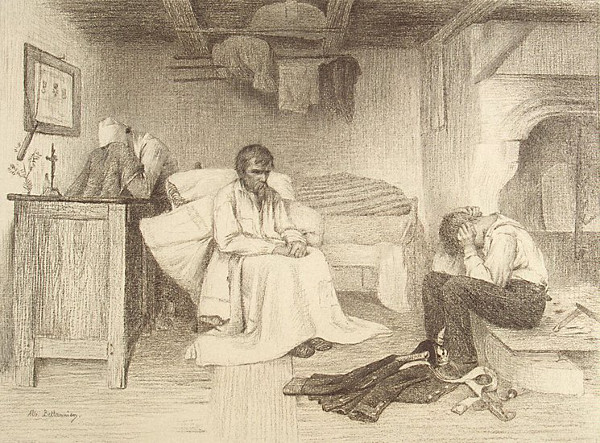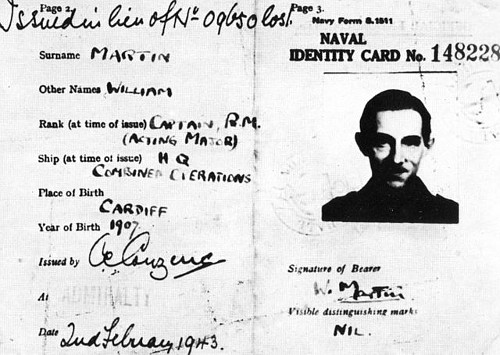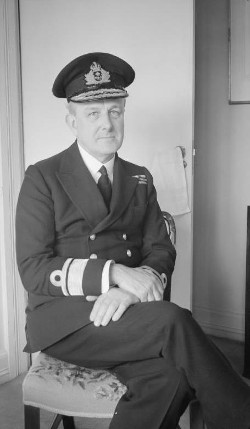Klaus Kemp is the sole modern practitioner of a lost Victorian art form — arranging diatoms into tiny, dazzling patterns, like microscopic stained-glass windows.
Diatoms are single-celled algae that live in shells of glasslike silica. There are hundreds of thousands of varieties, ranging in size from 5 to 50 thousandths of a millimeter. In the latter part of the 19th century, professional microscopists arranged them into patterns for wealthy clients, but how they did this is unknown — they took their secrets with them. Kemp spent eight years perfecting his own technique, which involves arranging the shapes meticulously in a film of glue over a period of several days.
“As a youngster of 16 I had a great passion for natural history and came across a collection of sample tubes of diatoms from the Victorian era,” he told Wired. “I was immediately struck by the beauty and symmetry of diatoms. The symmetry and sculpturing on an organism that one cannot see with the naked eye astonished me, and after 60 years of following this passion I can still get excited from the next sample I receive or collect.”






